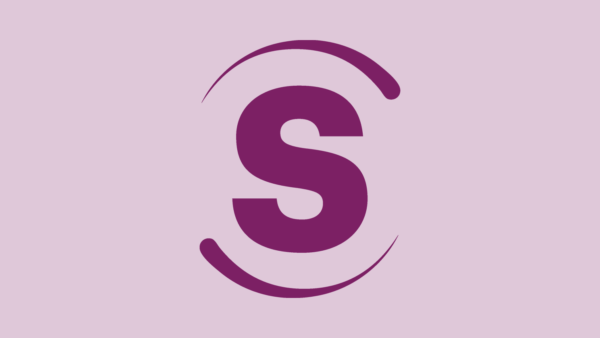In Greek mythology, Icarus was the son of the inventor Daedulus. When both were locked up by king Minos, the innovative Daedulus made them both wings of feathers and wax. The wise father advised his son not to fly too close to the sun, as the wings might melt. Icarus ignored the good advice of his wise father, flew too high, and due to the melting of his wings, crashed into the sea and drowned.
This story emphasises the need for organisations to be on the lookout for performance risks caused by overplayed strengths, that is, when people’s strengths go into overdrive and lead to unintended performance problems. The hubris and rash investment decisions resulting from overplayed self-confidence and risk-taking among investment bankers leading up to the financial crises of 2006 is an extreme example. However, it illustrates the dangers when individuals and whole organisations stop using their strengths wisely, in a balanced way.
In over a decade working with a wide variety of organisations, we have witnessed many who trip up because of overplayed strengths. Their biggest weaknesses are not areas of competence they lack, but rather combinations of strengths that are overplayed. For example, we worked with one large organisation that had a lopsided strengths profile from the leadership team right through the company. Their employees reported Execution strengths above everything else. Relational, Thinking and Emotional strengths were less well-represented and undervalued. This lopsided character was created by the company’s hiring and promotion strategy as well as the strong, results-focused cultural DNA of the business. Although this profile was positive in a relatively stable, fast-growing market, as managers and employees prioritized short-term action and results above almost everything else, it later meant that the company failed to recognise significant, disruptive changes in its sector calling for a more customer-focused, innovative and strategic focus.
Organizations can avoid the fate of Icarus by taking the following steps:
Help people to spot overplayed strengths
The starting point is to help people understand what overdrive behaviours look like, at the team and organisational, as well as individual levels.
In our experience, very few people understand their own overdrive behaviors, let alone what happens when the whole company becomes lopsided in the way it deals with people, problems and tasks.
Through helping people discover and use their strengths with caution and care, in the organisation’s best interest, we can mitigate the risks of these excesses.
Cultivate diversity
Diversity of strengths and perspectives is crucial to ensure the longer-term growth and financial health of any organisation serving a diverse customer base. Rather than being lopsided in only one strength area, teams should be diverse and complementary. This requires a progressive, strengths-based hiring strategy, taking account of not just the skills required for roles, but also the strengths of candidates who will complement the team, rather than simply exaggerating excesses. It also requires a culture and senior leadership team that values and appreciates people who possess different perspectives and strengths to the dominant ones already in the team and company.
Build a feedback culture
One of the best ways to avoid lopsided organisations is to create a culture that values and promotes open and constructive feedback. Feedback builds awareness of overdrive and is the catalyst to acceptance and adjustment. This helps prevent complacency and unproductive rituals from becoming institutionalized throughout the business.
When people understand their strengths and the language of overdrive and are encouraged by leadership to be open and honest, they will feel more equipped and empowered to provide feedback when they see examples of overdrive behavior.
Organizations need to take care not to institutionalize the strengths that made them great in the first place by over-relying on these strengths to solve all problems. They need to understand how these strengths can be balanced with less valued and leveraged strengths of employees that will help improve the company’s performance and the way it delivers value to customers, not just now, but well into the future.
Guarding against excesses and the Icarus syndrome almost always starts with good awareness. However, in our experience, levels of awareness about both strengths and overdrive risks in most organisations is still pitifully low. The HR function and top management should take a lead role to change this to ensure employees have meaningful discussions about their strengths and how these can be optimised to fuel the company’s success, but also the associated overdrive risks of these great gifts.












